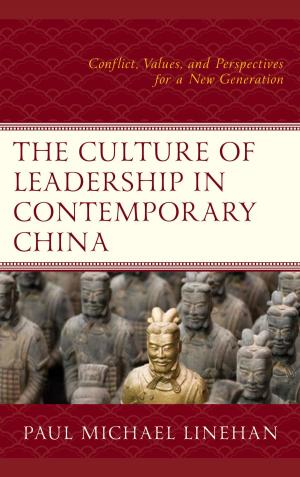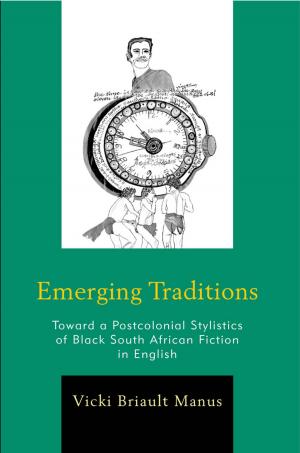Classical Chinese Poetry in Singapore
Witnesses to Social and Cultural Transformations in the Chinese Community
Fiction & Literature, Literary Theory & Criticism, Asian, Far Eastern| Author: | Bing Wang | ISBN: | 9781498535168 |
| Publisher: | Lexington Books | Publication: | November 22, 2017 |
| Imprint: | Lexington Books | Language: | English |
| Author: | Bing Wang |
| ISBN: | 9781498535168 |
| Publisher: | Lexington Books |
| Publication: | November 22, 2017 |
| Imprint: | Lexington Books |
| Language: | English |
As the essence of Chinese traditional culture, classical Chinese poetry in Singapore played a very important role in the social and cultural development of Singapore’s Chinese community. Numerous poems depicted the unique scenery of tropical rainforest and the customs with a Nanyang flavor, recorded the various historical events from the colonial era, the World War II to the independent nation, and reflected the poets’ multiple feelings. This book sketches out the brief history of classical Chinese poetry in Singapore over a hundred years, and focuses on the complex identity of poets from different generations, the function of literary societies in the construction of cultural space and the influence of modern media on the development of classical Chinese poetry based on the text interpretation. In addition, the author attempts to define different types of poetry writing using diaspora literature and Sinophone literature. The discussion of these topics will not only expand the research horizon of Chinese literature, but also provide a meaningful reference to the studies of the worldwide Chinese overseas, especially in Southeast Asia.
As the essence of Chinese traditional culture, classical Chinese poetry in Singapore played a very important role in the social and cultural development of Singapore’s Chinese community. Numerous poems depicted the unique scenery of tropical rainforest and the customs with a Nanyang flavor, recorded the various historical events from the colonial era, the World War II to the independent nation, and reflected the poets’ multiple feelings. This book sketches out the brief history of classical Chinese poetry in Singapore over a hundred years, and focuses on the complex identity of poets from different generations, the function of literary societies in the construction of cultural space and the influence of modern media on the development of classical Chinese poetry based on the text interpretation. In addition, the author attempts to define different types of poetry writing using diaspora literature and Sinophone literature. The discussion of these topics will not only expand the research horizon of Chinese literature, but also provide a meaningful reference to the studies of the worldwide Chinese overseas, especially in Southeast Asia.















